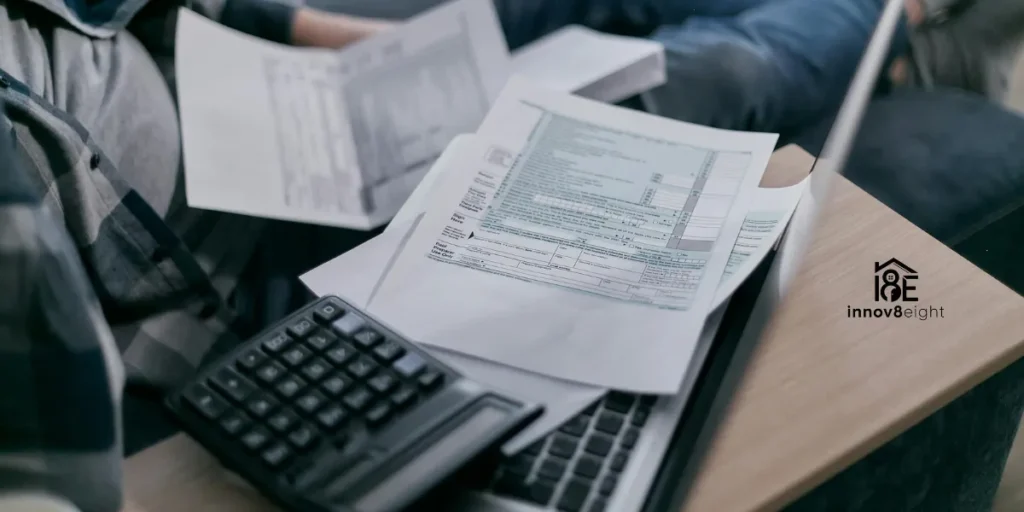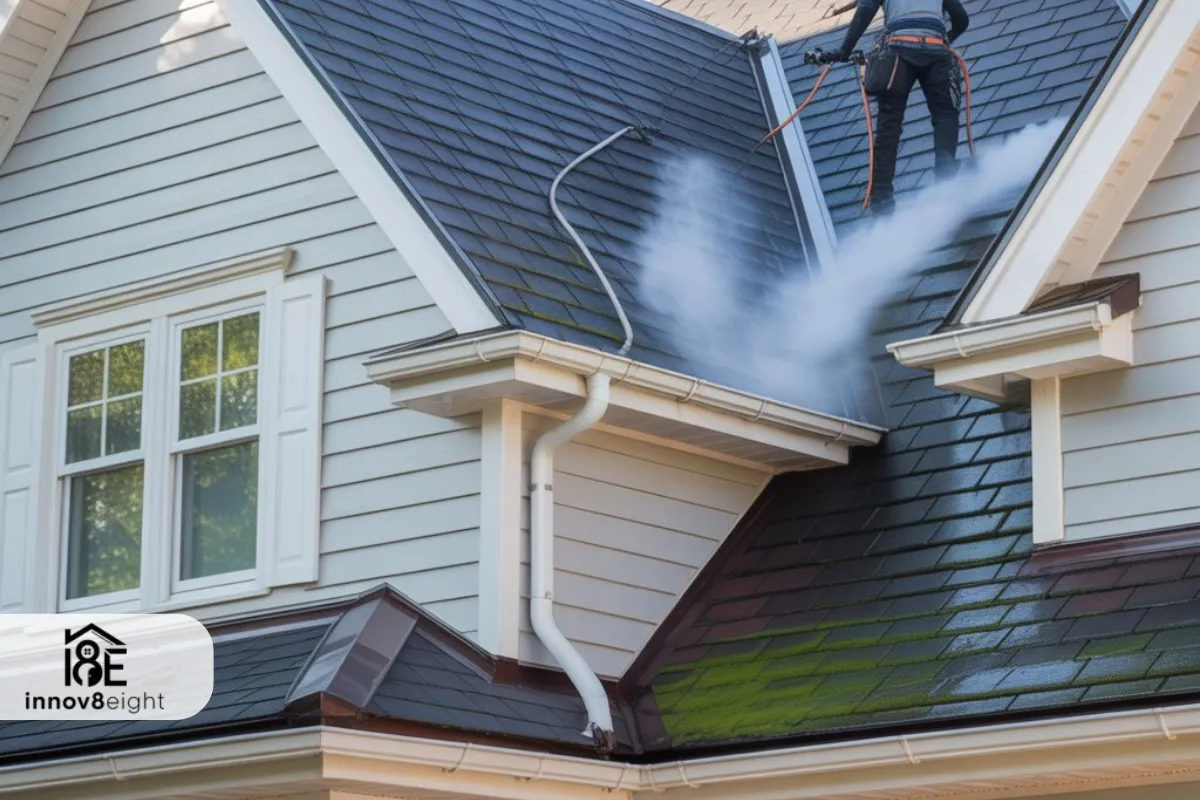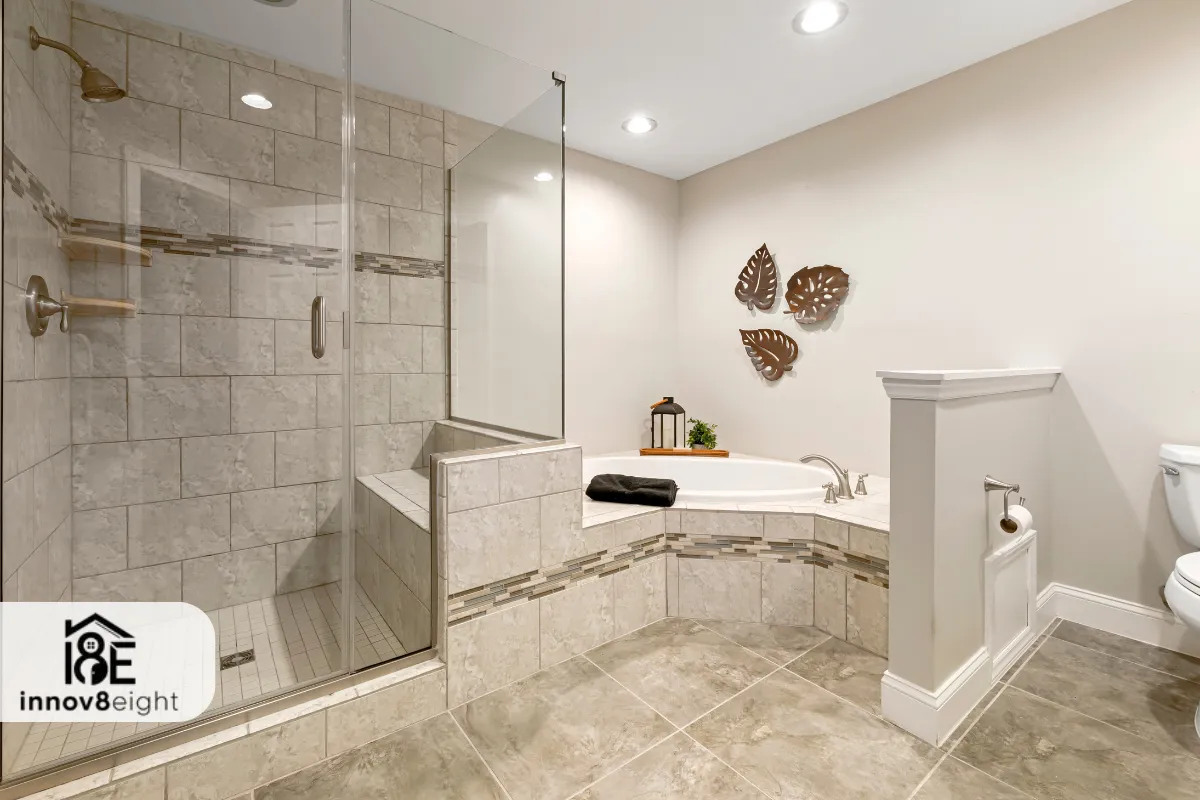Running a contracting business in Pennsylvania comes with its fair share of paperwork. But among all the forms and documents, there’s one that stands out as especially critical: the PA compliant home improvement invoice forms. These invoices are more than just receipts — they’re legal tools that protect your business, ensure client transparency, and help you stay compliant with state law.
Whether you’re a seasoned contractor or just starting out, understanding the importance of using compliant invoice forms can save you from costly disputes, penalties, or even lawsuits. Let’s break down what makes these forms essential.
Understanding Pennsylvania’s Home Improvement Consumer Protection Act (HICPA)
The legal foundation for invoice compliance in PA stems from the Home Improvement Consumer Protection Act (HICPA), enacted in 2009. This law was designed to protect consumers from fraud and clarify the expectations between homeowners and contractors.
What Does HICPA Require?
- All home improvement contracts over $500 must be written.
- The contractor must be registered with the PA Attorney General.
- Invoices and contracts must contain specific disclosures, terms, and formatting.
If your invoices don’t follow these rules, your contract may be unenforceable in court — even if the work was done properly.
Key Features of PA Compliant Home Improvement Invoice Forms
A PA compliant invoice isn’t just about itemizing labor and materials — it must meet legal requirements set by the state. Here are the essential components:
1. Contractor Information
- Company name and address
- PA HICPA registration number
- Phone number and license classification (if applicable)
2. Customer Information
- Full name and project address
3. Description of Work
- Detailed scope of work to be completed
- Materials and equipment included
- Project start and end dates
4. Cost Breakdown
- Itemized labor charges
- Itemized materials cost
- Applicable taxes
- Total amount due
5. Payment Terms
- Deposit (cannot exceed 1/3 of total price)
- Schedule for progress payments (if applicable)
- Final payment amount and terms
6. Required Legal Disclosures
PA invoices must include state-mandated consumer protection language, such as:
“You, the buyer, may cancel this agreement at any time prior to midnight of the third business day after the date of this transaction.”
And:
“Any person who performs home improvement services without registration as required by this act is subject to civil and criminal penalties.”
7. Signature Section
- Signature of both contractor and customer
- Date signed by each party
Without these elements, your invoice (and contract) could be legally void.
Why These Invoices Are Essential for Contractors
1. Legal Protection
If a dispute arises over payment, project delays, or incomplete work, a properly formatted invoice is your first line of defense in court or arbitration.
2. Builds Client Trust
A professional, transparent invoice builds trust with clients, showing you follow best practices and are familiar with PA state regulations.
3. Avoids Legal Penalties
Non-compliance with HICPA can result in:
- Civil fines
- Criminal charges for fraud
- Loss of payment rights
4. Keeps You Organized
Invoices that follow a consistent format help keep projects on schedule and finances in order — especially for tax filing and audits.
Tools for Creating PA Compliant Invoices
Recommended Options:
- LegalZoom or RocketLawyer (customizable templates with legal review)
- QuickBooks with Pennsylvania add-on features
- Microsoft Word/Excel templates with built-in HICPA fields
- Specialized contracting apps like Joist, Buildertrend, or Jobber with HICPA compliance settings
Make sure to review any template with a local attorney to ensure it meets all current PA state laws.
Common Mistakes Contractors Make with Invoice Forms
Leaving Out Registration Numbers
Forgetting to include your PA HICPA registration number makes the invoice noncompliant.
Not Including Cancellation Policy
Every invoice must state the 3-day right to cancel — even if the project is urgent or small.
Using Generic Templates
Templates made for national use may not meet Pennsylvania-specific laws. Always check local compliance.
Pro Tips for Staying Compliant and Professional
- Always issue a signed, written invoice for projects over $500
- Include clear descriptions and itemized pricing
- Keep digital backups of all invoices and signed contracts
- Consult the PA Attorney General website regularly for updated language

FAQs About PA Compliant Home Improvement Invoice Forms
Do I need to register with the state to use these invoices?
Yes. Any contractor performing over $5,000 worth of work annually must register with the PA Office of Attorney General to legally work and issue compliant invoices.
Can I handwrite an invoice as long as it’s signed?
While technically allowed, handwritten invoices often lack the proper disclosures and formatting. Digital or printed forms are recommended.
What happens if I use a non-compliant invoice?
You risk losing your right to collect payment in court. It could also open you up to fines and legal complaints.
Where can I verify if my invoice is compliant?
Check with a construction attorney or compare your form against HICPA Section 517.7 and PA Consumer Protection Laws.
Final Thoughts
As a contractor in Pennsylvania, protecting your business starts with paperwork. And that means understanding the power of PA compliant home improvement invoice forms. Far from being a bureaucratic burden, these documents help you operate legally, secure payment, and build long-term trust with clients.
Don’t cut corners — use the right invoice templates, stay updated on state laws, and make sure every project begins with clear expectations and professional documentation. It’s a small step that leads to a more secure, successful contracting business.













